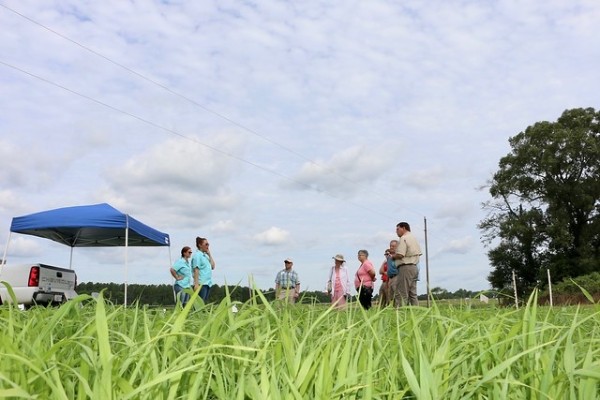We investigate the latest production and technological practices, striving for producer profitability and sustainability.
Research and Education Centers (RECs) are hubs for innovation and discovery that address the most critical issues facing agricultural production throughout the state. Ultimately, our findings are shared with stakeholders through the extension and outreach efforts of the University of Georgia College of Agricultural and Environmental Sciences.




